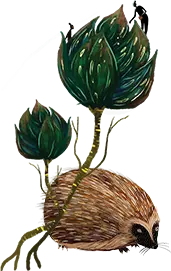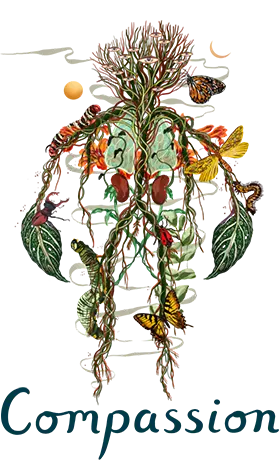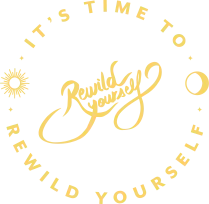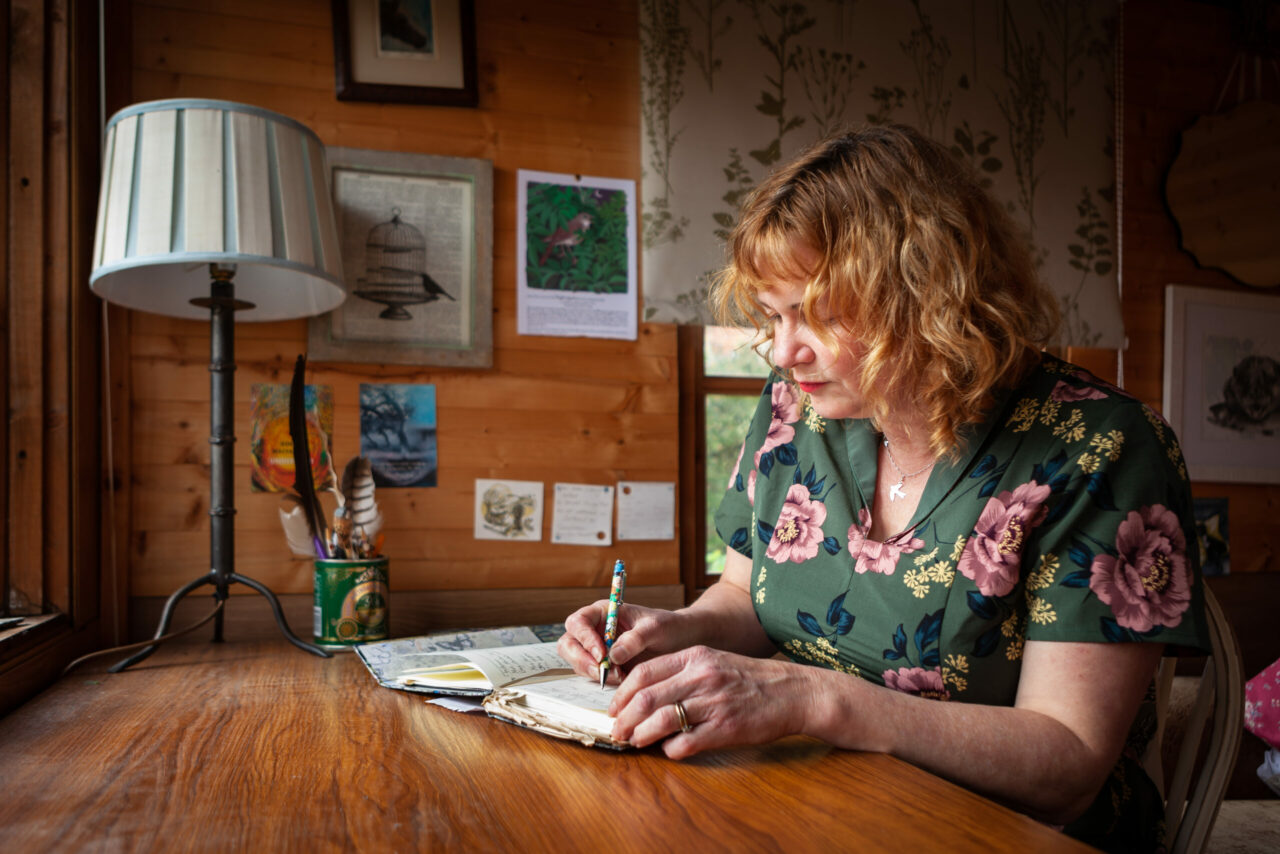
How to be an ‘imperfect activist’
Our lives are busy, flooded with information and global alarm bells. It’s hard to find the space to shoulder the planet’s problems on top of our own. But finding time for activism is both possible and enriching.
When we spoke with ReWild Yourself Champion and author, Nicola Chester, her honest admission about being an ‘imperfect activist’ really struck a chord. We often let perfect be the enemy of good (or even mediocre!) in our lives, not ever attempting something for fear of ‘not doing it right’.
Instead of taking action on a cause we may care about, we sometimes seek distraction, or look to diminish or deny the issue. We do these things because we are human, and humans are imperfect! In our imperfection however, we are capable collectively of creating great change, even if it’s just in our spare time!
What is ‘an activist’
There is a key difference between activism and just being an engaged citizen, ethical consumer or making sustainable choices in daily life. These things are vital for change of course, and could be considered a form of activism, but traditionally, activism is (unsurprisingly) about action – actively campaigning to bring about political or social change for a perceived greater good. It’s about specific action beyond the day-to-day. You can read about some of Nicola’s own activism in her fantastic blog.
But how to fit it within the day-to-day?
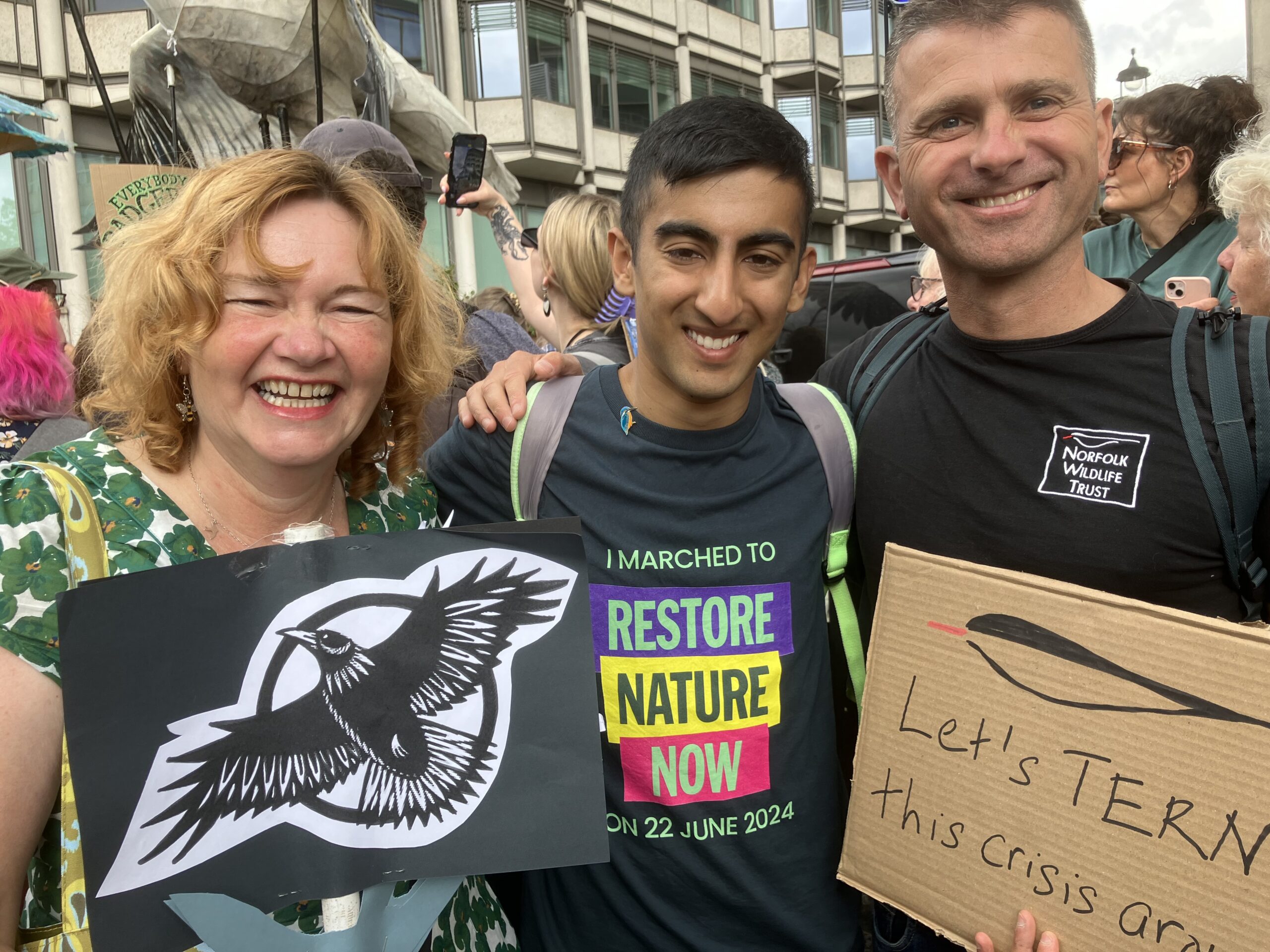
Activism in the gaps of life
As a busy writer, librarian and mother, Nicola talks about carrying out ‘activism in the gaps of life’. It’s an idea that helps soften what can otherwise feel like an extreme or intimidating activity, something that must dominate. But it needn’t be like that. After all, we can carry on living and enjoying the world we live in, while still seeking to change it.
So, inspired by Nicola, we’ve put together a few tips for imperfect activists, finding time in the gaps of life:
- Find your role
- Focus on one (or two) causes
- Be kind to yourself
- Find a community
- Notice, listen and read
Find your role
All activism needs to be noticed to be effective, but not everyone has to be ‘noisy’ or ‘extreme’. Shouting, marching, flag waving, or even dangerous acts often come to mind, but there are plenty of other roles. Working out how best you can contribute is really useful. What are you good at? What skills do you have that could help? What do you like doing and can imagine sustaining over time? What do you have time and resources for?
For Nicola, it is writing. After standing on the front line of road protests in the 90s, with her body on the line, and struggling to fully articulate her thoughts and feelings when thrust in front of a TV camera, she found a role in writing.
“I went home, had a good cry, then I picked up my pen and I wrote, and I’ve not stopped writing since, and that was my way into nature writing. I’ve always done it alongside other jobs, raising children, but it was about writing in the gaps and being an activist in the gaps of life…”
You may not be a writer, but perhaps you are an artist, a musician, or more of an organiser or producer, a dab hand with a spreadsheet or clipboard. Maybe your skills and interest lie in research, collating and synthesising useful data and information. Perhaps you are naturally more of a carer or supporter, there to hold up others in their actions, giving them the resilience and energy for their own roles. If you can’t be noisy on the streets, maybe you can on social media, or through video.
Whatever your interest or set of skills, there will always be a role for you, a way to direct it towards a cause you care about. In short, you don’t need to become more than you already are, you just need to know where to be!
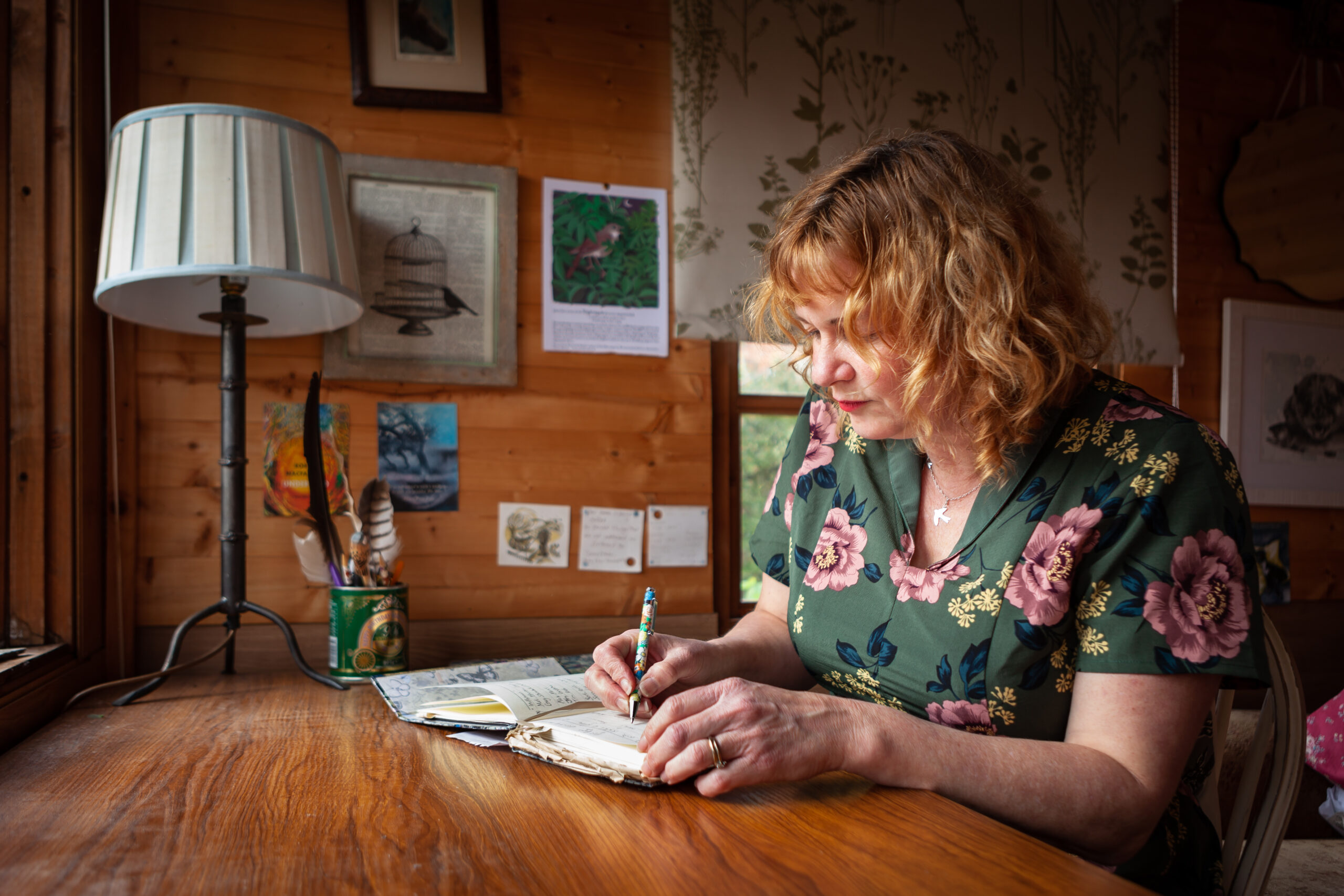
Focus on one (or two) causes
We are more aware of the ills of the world than we ever have been before, but we are not built to carry all that weight. Being an imperfect activist means picking one or two things to ‘actively’ try and change. That doesn’t mean you don’t care about the other things, but we each only have a limited energy, time and resource.
Consistency is also important. If we take on too much, we are likely to throw it all out. Better to pick one cause and an effort you can sustain, than to try and fight all the battles at once. If enough of us pick a cause, then between us we hopefully have them all covered.
It’s often best to pick something close to you, whether geographically or emotionally. The more directly relevant to you and you community, the more tangible, the harder it is to ignore, and the more you will notice and appreciate successes.
“When I write, It always starts with me – what’s on my doorstep. So I’ve written for my local newspaper up until this year, for about 20 years, doing a nature column.”
Maybe that cause is clear to you already; if not, take some time, look around and notice what connects and resonates.
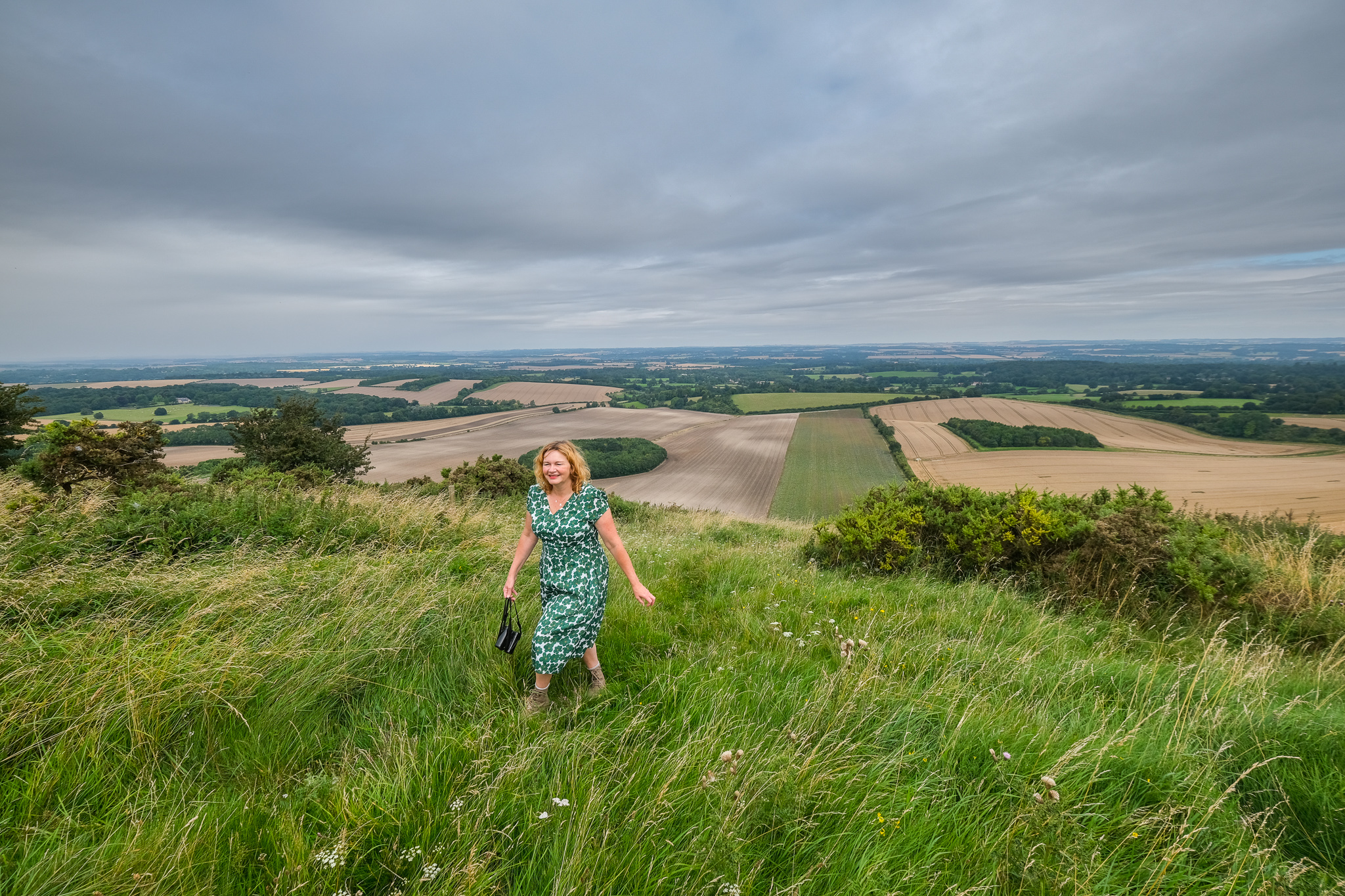
Be kind to yourself
Hopefully, by now you are well on your way to identifying your cause and what you can do to advance it. This is just a gentle reminder again though, that you are an ‘imperfect’ activist. There may be some weeks or months where you don’t have the time or energy for it. That’s ok.
The flip side of giving a damn is the guilt you feel when you feel you are falling short (which will be most of the time). Guilt is paralysing and unpleasant. We seek to get rid of it and often the fastest and easiest way is to stop giving a damn. If we can instead be kind and forgiving to ourselves and others involved, we are more likely to stick it out in the long run.
Also, resistance should be joyful, so celebrate your victories, no matter how small, and seek out the joy and light where you can, even if the subject matter is dark. And don’t feel bad about stepping away and taking a break. Find what sustains and enriches you and don’t let your imperfect record stop you getting back involved.

Find a community
One of the benefits of activism is that it can often provide a community, but it is also an important part of effective activism, on both an individual and collective level. It’s easier to find your role as part of a group, where you can share the workload and do more of what you are good at and enjoy. A community can also provide that support, kindness and motivation when you are struggling to find it within. It creates resilience, and also a lot more fun as a group (or at least it should be!).
Activism, especially around Nature, can also build and strengthen community. This is something that Nicola writes extensively on. Her chapter in the latest
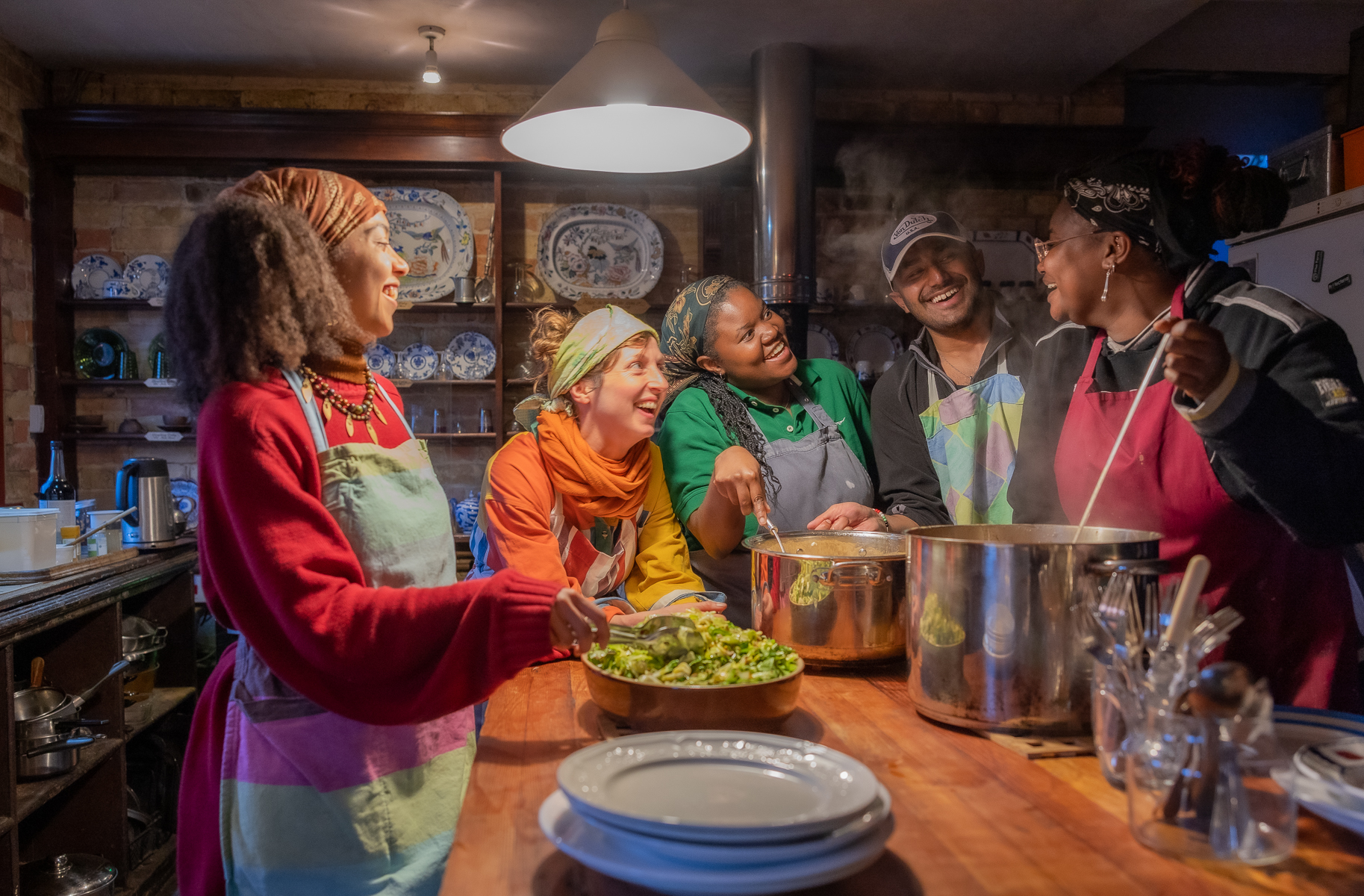
Notice, listen, read
Ready access to more information than we could possibly imagine hasn’t necessarily made us better informed or engaged. Instead, it seems to have created more distraction, division and confusion. Just as important as action is also doing the quiet work: the listening, the reading, the thinking and questioning.
Most issues and causes are complex. The details matter (including the reliability of where you find them). That doesn’t mean we should get bogged down in them, or loose the certainty of our cause, but when our efforts and resources are limited, being informed and considered helps us make better decisions, arguments and ultimately action. Understanding wider contexts and considerations help us negotiate, be diplomatic, and appear reasonable.
Being an imperfect activist is absolutely excusable, but there is less excuse for being ill informed. It’s always worth taking the time to get your facts straight. But make sure you then act on them as well!

Hopefully these tips help, give you a sense that activism is possible and worthwhile, even on the sidelines. As a final motivator, we’ll leave you with some important final words from Nicola.
“It doesn’t matter where you come from or how long you have been there, you are part of that community…You have agency to do something to make a change. It might not feel like you can. You might need to reach out to others, but if you see that something isn’t right, try and make a stand, try and make a change.”

Join Our Community...
Sign up for stories, tips and inspiration from around the globe.


